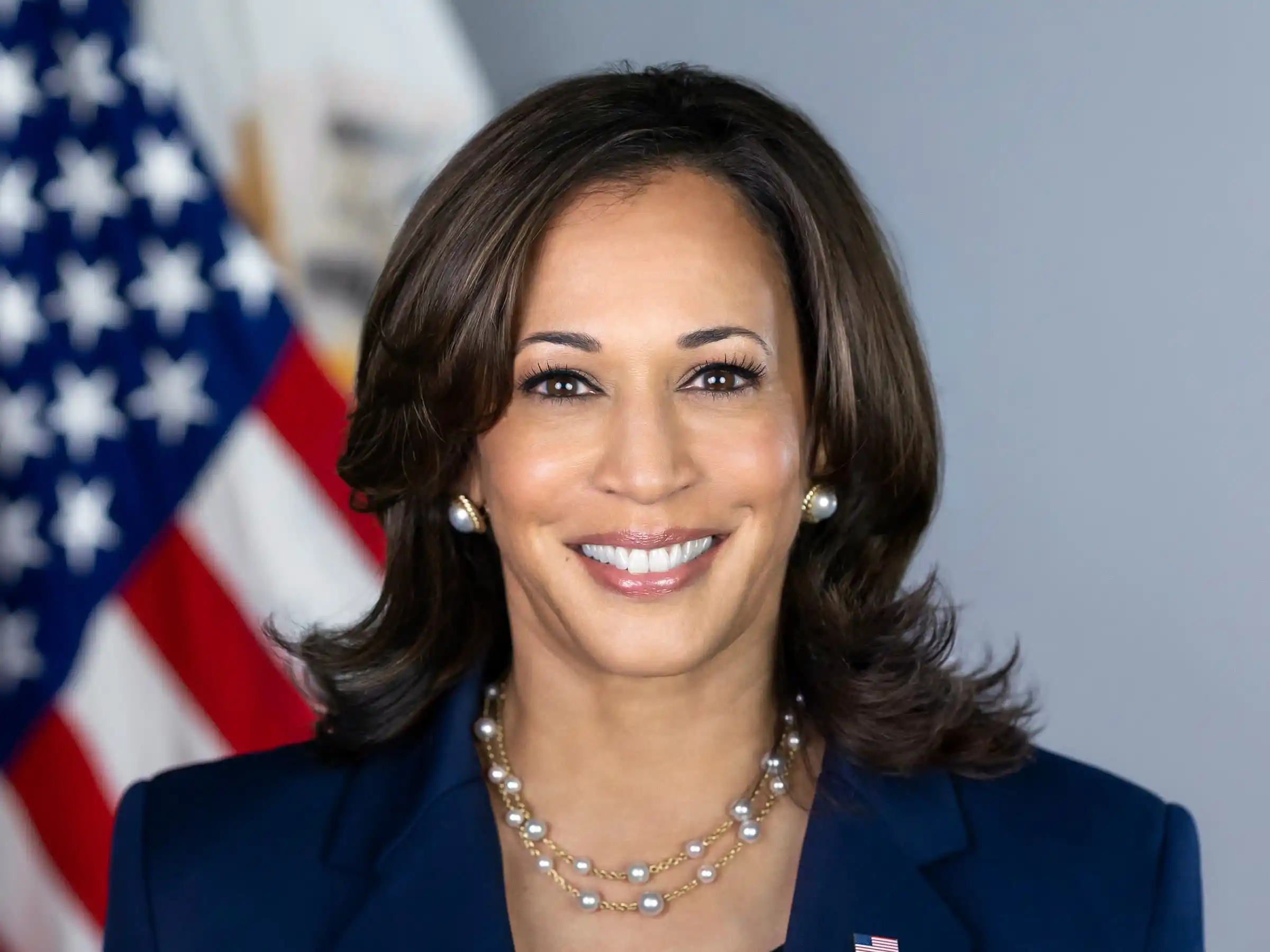Rallying Behind Harris: Black Women Lead with $1 Million Raised

In a pivotal announcement that could shape the trajectory of U.S. politics, President Joe Biden declared he would not seek reelection, instead endorsing Vice President Kamala Harris as the Democratic nominee for the upcoming presidential election. This significant shift not only stirs the political landscape but also resonates deeply within the Black community, sparking both substantial support and considerable controversy.
Support and Controversy Among Black Women
The news of Biden’s endorsement was quickly followed by a powerful display of solidarity and mobilization among Black women. A staggering 44,000 participants convened over a Zoom call, collectively raising over $1,000,000 for Harris’ campaign in a remarkable testament to their support. This enthusiastic backing underscores the potential of Black women as a formidable force in electoral politics, capable of rallying significant resources and influence.
Conversely, the digital realms tell a story of division and discord. Social media platforms have become battlegrounds where vitriolic criticisms and misinformation about Harris proliferate. These online spaces reflect the polarized reactions within the community, where the line between valid critique and baseless disparagement often blurs.
The Stakes of the Election
Amidst this backdrop of political fervor, the broader implications of the upcoming election loom large. The prospect of Donald Trump’s re-election raises acute concerns, particularly regarding the rollback of reproductive rights. The question posed to the Black community is profound and personal: Are we prepared to accept a future where our daughters might face severe restrictions on their autonomy and freedom?
Misogyny and Racism in Political Discourse
A critical examination reveals that misogyny and racism are likely to play significant roles in the election’s discourse. The hostility toward Harris is emblematic of broader societal currents that often undermine and delegitimize the capabilities of women, and particularly women of color, in leadership roles. When questioned, many of Harris’ detractors struggle to articulate concrete reasons for their opposition, suggesting that their biases may be influenced more by entrenched prejudices than by policy or performance evaluations.
Looking Forward
As the election approaches, the Black community is at a crossroads. The decision of whom to support entails not just a political choice, but a statement about the values and priorities that will guide the United States in the coming years. The discourse within the community reflects a broader dialogue about representation, equity, and justice — themes that will resonate beyond the election cycle.
Navigating this complex landscape requires a nuanced understanding of the political dynamics at play, as well as an introspective look at the internal divisions within the community. As support for Harris continues to mobilize, it becomes crucial for voters to engage critically with the issues at stake, ensuring that their voices contribute to a future that aligns with their aspirations for justice and equality.
Featured Listings
The GOP’s Dog Whistle Politics: Calling Vice President Kamala Harris a “DEI Hire”
Let’s talk about the latest mess in the political arena. The GOP...
Explaining The Potential TikTok Ban
This morning, The House of Representatives passed the bill that could ban...
Rising Carjackings in DC Spark Concern Among Residents: Tips for Staying Safe
The nation’s capital is grappling with a troubling rise in carjackings, with...
The Midterm Elections: Why Your Vote Matters
The midterm elections are finally here, and they promise to be one...













Leave a comment